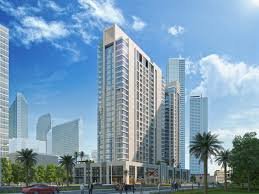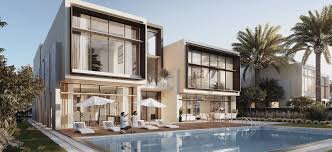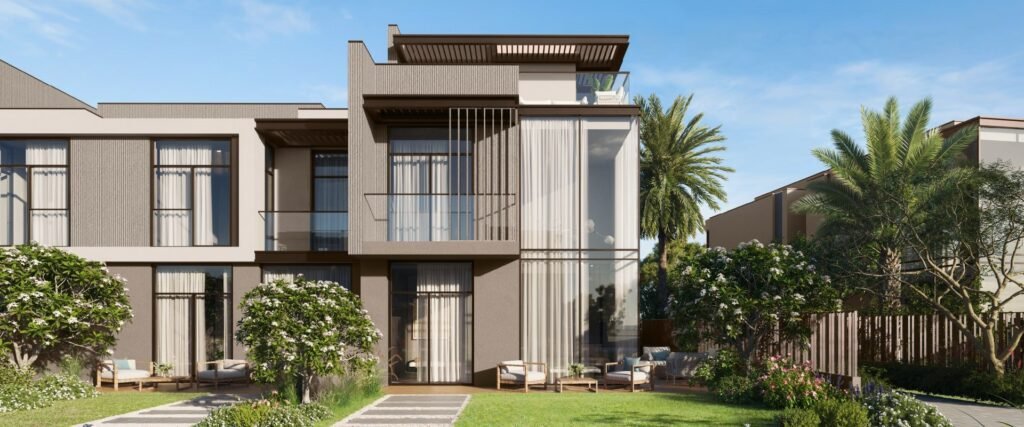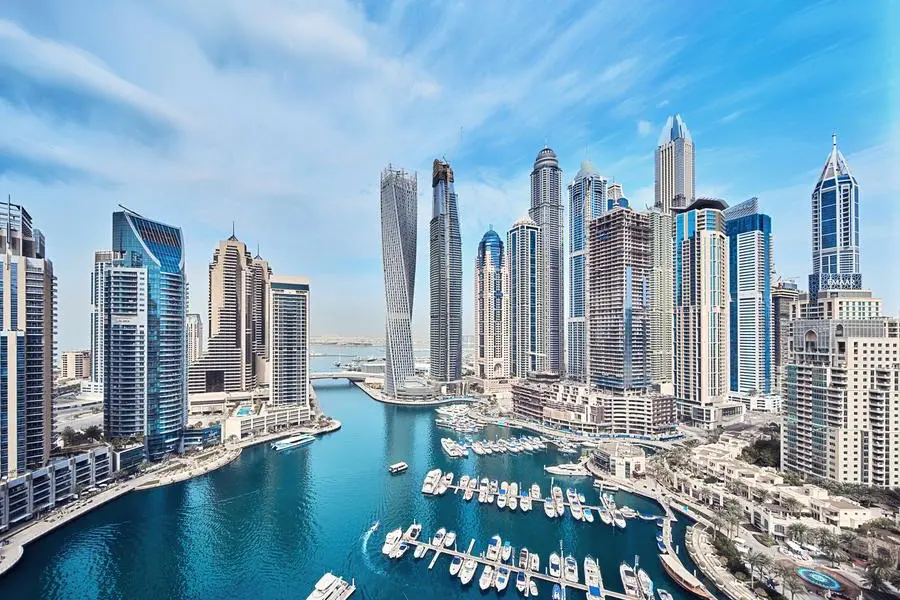Dubai’s real estate market, renowned for its dynamic growth, is generating buzz yet again with predictions of a price surge in 2025. Industry experts forecast an 8% increase in residential property prices, fueled by a mix of heightened demand, constrained supply, and robust investor confidence.
A Stellar 2024 Lays the Foundation
The groundwork for this anticipated growth was laid in 2024, which turned out to be a record-breaking year for Dubai’s property sector. Between January and September, property transactions exceeded AED 306.3 billion, reflecting a 36% rise compared to 2023. The luxury segment was particularly notable, with sales tripling over the past 18 months. High-end properties now account for almost 20% of all real estate transactions.
Additionally, Dubai saw the highest quarterly transaction volume ever recorded in Q3 2024, with 47,269 deals—a testament to the market’s vigor and appeal to both local and international investors.


The Role of Supply Constraints
A critical factor driving the price hike is the shortage of available properties, especially in the premium and luxury segments. Real estate listings fell by 30% year-on-year in 2024, creating a supply-demand imbalance. For buyers, this means increasing competition for fewer available units, which in turn pushes prices higher.
Luxury homes have been particularly affected. Market data shows that these properties are selling faster than ever, with demand outpacing supply at an unprecedented rate. This trend highlights Dubai’s growing reputation as a hub for high-net-worth individuals (HNWIs) seeking luxury living and investment opportunities.

Economic Resilience and Investor Confidence
Dubai’s ability to maintain economic stability amidst global uncertainties has been pivotal in sustaining real estate demand. The emirate’s diversification efforts—ranging from expanding the tech and tourism sectors to fostering green energy initiatives—have significantly enhanced investor confidence.
Long-term residency schemes, including golden visas for property investors and professionals, have further cemented Dubai’s position as a top destination for expatriates. These policies, coupled with tax-free income, ensure that Dubai remains a magnet for global talent and wealth.
Who’s Driving the Demand?
The demand surge is being driven by a mix of end-users and investors. End-users, particularly expatriates, are drawn to Dubai’s lifestyle, safety, and tax benefits. Investors, on the other hand, are capitalizing on the city’s strong rental yields and potential for capital appreciation.
In addition, Dubai’s position as a global financial hub has made it a preferred choice for institutional investors. With the increasing number of luxury developments, such as waterfront properties and branded residences, the city has further enhanced its appeal to international buyers.
The Outlook for 2025
The projected 8% rise in home prices for 2025 reflects a continuation of the growth seen in recent years. Knight Frank’s analysis points to a steady increase in capital values, driven by sustained demand and limited oversupply risks. This trajectory suggests that the market is moving towards maturity, with fewer speculative trends compared to the past.
However, rising mortgage rates could be a double-edged sword. While they may cool down speculative buying, they could also make homeownership more expensive for first-time buyers. As a result, rental markets may see increased activity as affordability concerns push some potential buyers towards leasing.
Opportunities for Buyers and Investors
For those looking to invest in Dubai’s real estate, the coming year offers a blend of opportunities and challenges. Investors can expect healthy returns, particularly in the luxury and mid-range segments. However, the competitive market means that buyers need to act swiftly to secure desirable properties.
Off-plan properties, often priced lower than ready-to-move-in homes, may offer attractive options for investors willing to wait. Developers are increasingly focusing on sustainable projects and integrated communities, which are likely to gain traction in the coming years.

Risks and Challenges Ahead
While the outlook remains optimistic, potential risks include global economic headwinds and geopolitical uncertainties, which could impact investor sentiment. Additionally, the real estate market’s cyclical nature means that periodic corrections are always a possibility. Buyers and investors should exercise caution and seek professional advice to navigate these complexities.
Government Policies Supporting Growth
The government’s proactive measures to support the property sector cannot be overlooked. Initiatives such as the Expo 2020 legacy projects and infrastructure upgrades have added long-term value to the market. Furthermore, the focus on smart cities and sustainable living aligns with global trends, ensuring that Dubai remains a competitive player on the world stage.
To keep abreast of market updates and expert opinions, visit Knight Frank’s Market Review and Property News UAE. Both sources offer detailed insights into Dubai’s property trends and the factors shaping its future.

Conclusion
As Dubai continues to evolve as a global city, its real estate market reflects this dynamism. While challenges exist, the fundamentals driving growth—strong demand, limited supply, and government support—suggest a positive outlook for 2025. Whether you’re a buyer, investor, or observer, Dubai’s property market is one to watch closely in the coming year.
You can also read about, Unforgettable Experiences in Abu Dhabi.













